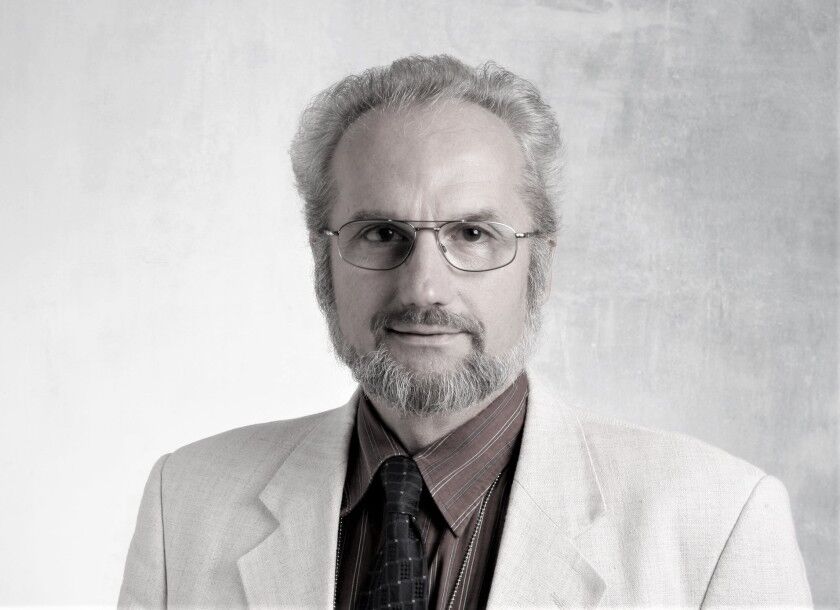
It is with great sadness that we inform of the loss of Prof. Dr. Michael Steiner, who passed away in Berlin on 5 November 2022 at the age of 79.
Michael Steiner was not only a brilliant and pioneering researcher in magnetism using neutrons, but also a solid pillar of the neutron community in Europe and a staunch supporter of ESS and its strong German participation.
Steiner, a professor at TU Berlin and the University of Mainz, was a world-renowned expert in research with neutrons. His experiments on antiferromagnetically coupled spin chains made an important contribution to the theory of topological phase transitions, for which F. D. M. Haldane, J. M. Kosterlitz und D. J. Thouless received the 2016 Nobel Prize in Physics.
Steiner's career began in 1974, as a Research Assistant in the Neutron Scattering workgroup headed by Prof. Dachs at the HMI, and was subsequently entrusted with many further duties. In 1994, he became Director of the Berlin Neutron Scattering Center (BENSC) at the Berlin research reactor BER II, which gained an outstanding reputation under Steiner’s management. From 1998 to 2008, Steiner was the Scientific Director of the Hahn-Meitner-Institut (HMI), one of the predecessor institutes of today’s Helmholtz-Zentrum Berlin.
Experiments with high magnetic fields and low temperatures were in particularly strong demand worldwide, and many international groups found themselves drawn to Berlin. Neutron research at the HMI became known throughout the world for innovative experimental possibilities and an intellectually stimulating research environment, which Steiner played a major role in shaping.
The HMI was a key centre in Europe for neutron science and instrumentation. Many students and scientists who were trained at HMI during Michael Steiner’s Directorship later moved to ESS to support its design and construction. In fact, instrument ideas that were realised in ESS's ODIN and MIRACLES came from experiences at HMI.
As the Chair of European Neutron Scattering Association (ENSA), which represents the interests of 4500 users of European neutron sources, Steiner was a strong supporter of ESS, and actively advocated for its construction and supported its funding as a flagship European scientific facility.
ESS extends its heartfelt condolences to his family and loved ones at this difficult time.
























